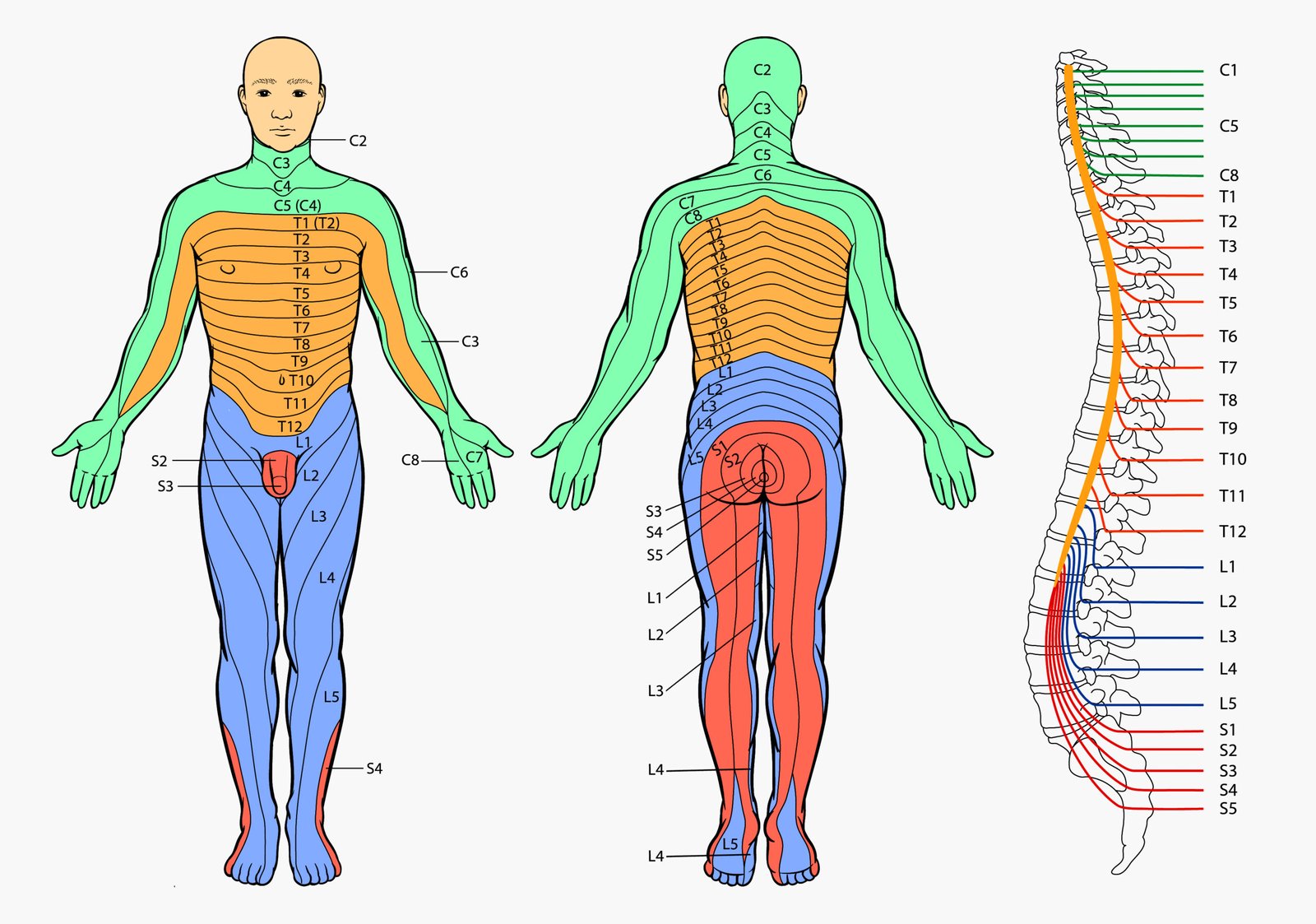Nerve pain, also referred to as neuralgia, is a condition that arises from issues within the body’s nervous system. This pain may be caused by disease, injury, or problems in the central nervous system, differentiating it from other types of pain. Understanding this type begins with learning more about what it is, its types, causes, how it affects individuals, and treatment options.
What Is Nerve Pain?
Nerve pain occurs when nerves in the body are damaged, irritated, or malfunctioning. It can lead to sensations such as sharp, shooting pain, burning, or even numbness in certain areas. This type of pain varies widely, depending on which nerves are affected. Along with problems with the central nervous system, it may stem from nerves that run from the brain and spinal cord to the muscles and organs.
What Are the Different Types?
Nerve pain manifests in various ways based on the affected part of the nervous system. Here are some common types of this pain that people may experience:
- Post-herpetic Neuralgia: Occurs after a shingles infection and is caused by nerve damage from the virus. It leads to persistent pain in areas where the shingles rash appeared.
- Occipital Neuralgia Involves the occipital nerves, which run from the neck to the scalp. It can create intense, throbbing pain at the base of the skull or behind the eyes.
- Pudendal Neuralgia: Affects the pudendal nerve located in the pelvic area. It can cause significant discomfort in the lower abdomen, genitals, or rectal region and is often aggravated by sitting for long periods.
Each of these types may require a different approach to treatment based on its root cause.
What Causes Nerve Pain?
There are a variety of conditions and factors that can lead to neuropathic pain. Common causes include chronic illnesses like diabetes, viral infections such as shingles, or nerve damage from injuries or surgeries. Disorders like multiple sclerosis or autoimmune conditions can also affect the nervous system and cause pain.
Compression of nerves due to tumors or herniated discs may be another trigger. Lifestyle factors, such as excessive alcohol consumption or certain medications, can also contribute to nerve damage over time. Understanding the cause is an important first step in addressing the condition effectively.
How Does It Affect the Body?
Nerve pain directly impacts everyday life for those who experience it. Physically, it can reduce mobility and make performing basic tasks more challenging. The constant pain can also lead to fatigue or disrupt sleep, as pain may worsen at night. Over time, untreated pain may contribute to mental health conditions, further impacting quality of life.
What Treatment Options Are There?
Finding effective treatments often depends on understanding the underlying causes of the nerve pain. While traditional painkillers may not always bring relief, advanced therapies now offer more options for individuals.
- Ketamine Infusion Therapy: Ketamine is a treatment for chronic pain and is administered via intravenous (IV) infusion. This approach works by targeting receptors in the brain to decrease pain signals.
- Home-Based Ketamine Treatment: For convenience, some providers allow patients to undergo ketamine therapy from home under professional guidance. This is done through nasal sprays, pills, or dissolving tablets.
Relieve Pain Now
By understanding what nerve pain is, its causes, and how it affects the body, you can take steps toward managing it effectively. If you’re ready to explore advanced treatment options like ketamine infusion therapy, consult with a specialized provider today. Take the first step toward relief now.







